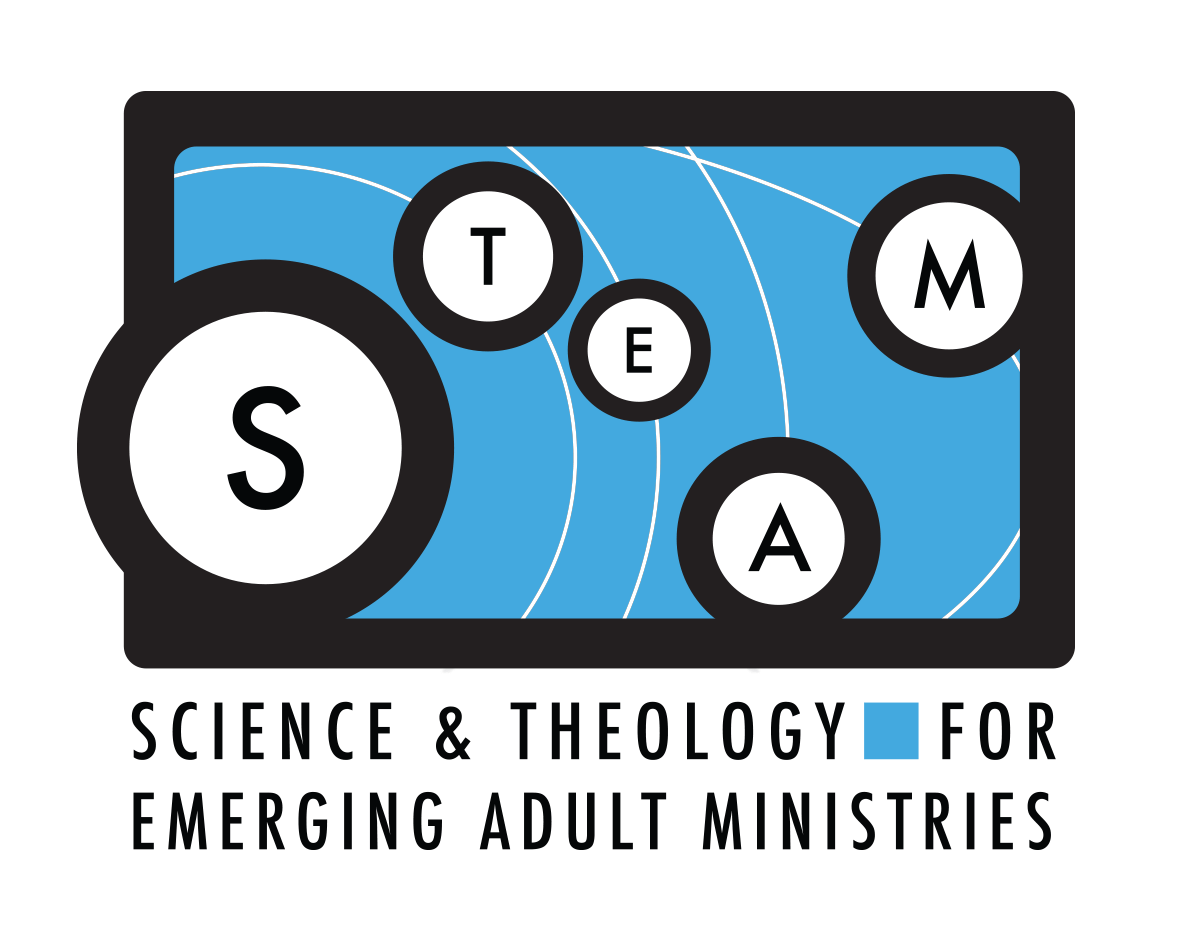
We are pleased to announce the award of a $25,000 grant for two years. With this grant, we aim to define common ground in the origin debates. This grant was awarded by the STEAM project, which has funding from the John Templeton Foundation. This grant is directed by Dr. S. Joshua Swamidass, housed at Washington University in St. Louis, and administered by Saint Louis campus ministries ( Intervarsity and Cru).
Even though 50% of college students are in science related fields,1 most religious communities are silent on science.
On one hand, the key concerns of students and society are deeply connected to science. On the other hand, most examples of Christian engagement with science are argumentative and divisive. Moreover, most campus staff are not trained deeply in science itself or history and philosophy of science. Even though science is on the forefront of students’ minds, most visible Christian voices are too divisive. Consequently, diverse religious communities are almost entirely silent about science.
Over the next two years, this project seeks to solve this problem by identifying common ground: points of significant agreement in the origins debate. We hope this common ground could be the foundation for science-engaged religious communities.
Is There Common Ground?
There is common ground, but it is hidden. The current framing of the debate, as a war between creation and evolution, hides our common ground from view. The fact that the common ground is so hidden is exactly the reason that this project is so significant. Identifying our common ground will enable ecumenical ministries to productively engage mainstream science. Common ground is a path to peace.
Three Program Efforts
Common Ground Dialogues. We will conduct several “Inquiry Into Common Ground” (ICG) events at college campuses in Saint Louis: Washington University, UMSL, and SLU. These events will bring nationally known voice in the origins debate into public dialogue with mainstream scientists (usually Christians), with the purpose of defining and defending places of significant agreement, “common ground.”[ Please contact us if you would like to do a similar event at your church, seminary, or campus (email my last name at gmail).]
Workshops for Campus Ministers. The dialogues are coupled with workshops for campus ministers to consolidate these experiences into a compelling voice in science, and focused plans to engage science in their ministries. If you are in the Saint Louis area and would like to participate, please let us know.
Online Resources. All curriculum, dialogues and interviews will be video-taped and released on Peaceful Science. We hope this could serve as a basis for science-engaged a religious communities across the country.
Subscribe here to follow the conversation, and see how we find common ground.
Call For Dialogue Participants
We aim to bring people to Saint Louis from all sides of the origins controversy. Of course we disagree about science, the Bible, and so much more. But on what do we agree? What is our common ground?
Our goal is to define common ground between different camps in the origins debate. This includes views largely consistent with mainstream science:
- Non-Theistic Evolution (NTE). Though science itself does not teach atheism, many in science do not believe in a God that interacts with our world, and they see evolution as a complete way of describing how life arose on earth;
- Theistic Evolution (TE) and Evolutionary Creation (EC).2 Evolutionary creationists believe that God created us through an evolutionary process. Though mainstream science does not teach theism (because it does not consider God), belief in God and creation is consistent with mainstream science’s understanding of evolution;
And views that dissent from parts of mainstream science:
- Intelligent Design (ID). This movement thinks that science itself demonstrates that there is evidence for design in nature. ID does not self-identify as a religious or creationist, and it can coexist with evolution.3 It is included here because many religious students see ID as a reason to reject evolution;
- Progressive Creation (PC). A large number believe that God specially created distinct species (not using evolution) throughout the history of a very old earth. One well-known example of this is Reasons to Believe;
- Young Earth Creation (YEC). About 44% of the US population believe that God created the entire universe and every kind of animal less than 10,000 years ago. This is a common starting point for many students, and also some of the most visible Christian voices in science.
If you can recommend specific speakers (ID, PC, and YEC) with interest in our project, please nominate them. Email their name, contact info, a brief bio, and explanation of why they would be a good fit (email my last name at gmail).
Disclaimer and Sponsors
This project is a program of Washington University in Saint Louis and funded by the John Templeton foundation through Fuller Seminary.We aim to invite people to discuss topics about which there is great controversy. Especially in areas of controversy, where disagreements are sharpest, we believe dialogue is necessary.
References
Aug 7, 2016
Oct 19, 2021
Jul 2, 2025


